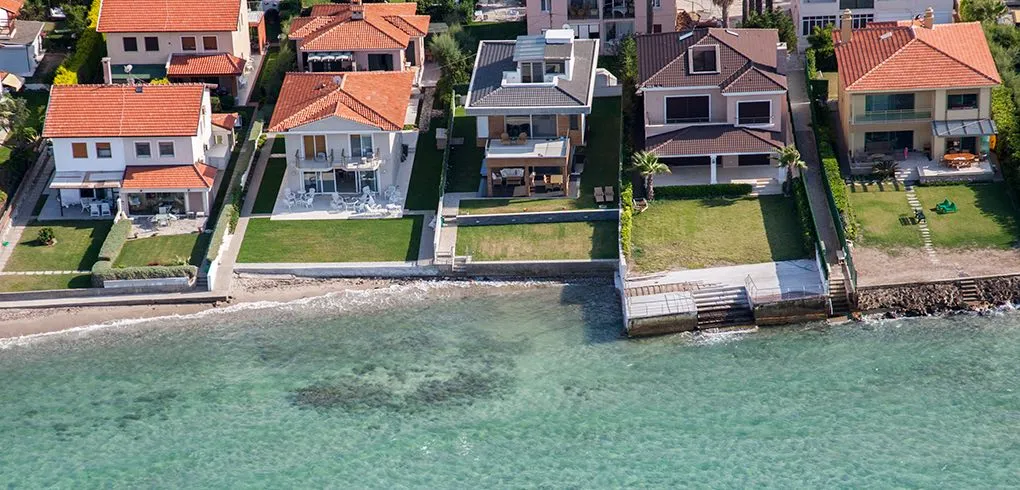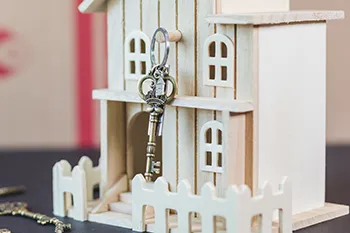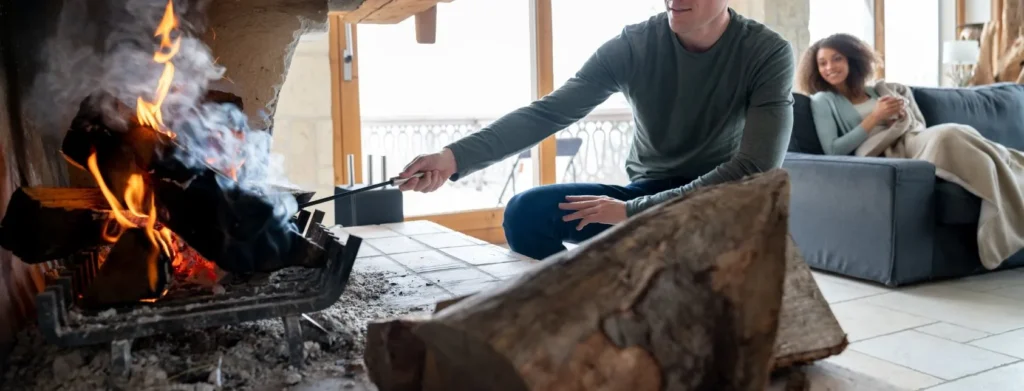
Second Home Mortgage Deposit
Learn what a second home mortgage deposit is, when you need one, how much you need, what options and LTVs there are and more in our guide.
Fill out this enquiry form and we’ll contact you to book a free call with one of our mortgage experts.
"*" indicates required fields
If you’re looking to buy a second home with another mortgage, you’ll either need to save a cash deposit or remortgage your existing property to release equity that can go towards your second home.
Getting a mortgage for your second home isn’t that different from getting a mortgage for your first home. Lenders still need you to meet their eligibility criteria and affordability requirements, they just also consider the costs of running your existing home as well as the costs of running your second home. This means you need to prove to them that you have enough disposable income to cover 2 mortgages and the costs of maintaining 2 homes at the same time.
It’s important to note that the minimum amount required for second home mortgage deposits tends to be a little higher than for first property purchases. LTVs (loan-to-values) for second home mortgages are capped at 85%.
Contents
What Is a Second Home Mortgage?

A second home mortgage refers to buying another home to live in – not to rent out. If you’re considering buying a property to lease to tenants, you should go to our page on buy-to-let mortgage deposits.
When Would I Need a Second Home Mortgage?
There are various scenarios where you would need to consider getting a second home mortgage. For example:
- If you’re looking to buy a UK based holiday home for you, your friends and family that you don’t plan to let out for the majority of the year – holiday lets and buying a property abroad are different processes
- If you need a residence closer to your workplace to avoid the grind of a daily commute while keeping the family home
- If you don’t have a fixed location throughout the entire year and sometimes live away from your main residence for significant periods of time
A second home mortgage would not be suitable if:
- You’d like to buy a home for your relatives to live in, such as your parents, children or immediate family. In this case, you would need a consumer/regulated buy-to-let mortgage
- You’d like to buy an investment property that will be exclusively rented out to tenants to live in. This would require a buy to let mortgage
- You’d like to buy an investment property that will be exclusively rented out as a holiday home. This would require a holiday let mortgage
How Much Deposit Do I Need for a Second Home Mortgage?
The absolute maximum LTV (loan to value) for a second home mortgage is 85%, meaning you would need a minimum 15% deposit. However, the majority of lenders offer up to 75% – 80% LTV, so you would need a 20% – 25% deposit.
The maximum LTV available to you will depend on whether you meet the lender’s criteria and affordability requirements. The lender will consider factors such as your income, credit record, and your current and potential future household outgoings. The more deposit you have, the more mortgage products will be available to you, and you’ll also access better interest rates.
If you have built up enough equity in your first home, you may be able to remortgage it to release equity for your second home deposit. Remortgaging often provides better rates than taking out a second home mortgage.
The size of the mortgage deposit you need to find may also depend on the type of property you’re buying. For example, lenders typically won’t offer 85% LTV on a property with a thatched roof as it is considered higher risk. You will also need to prove where your mortgage deposit is from.
Can I Get a Second Home Mortgage with a 90% LTV?
Second home mortgages with a 10% deposit aren’t available. Many lenders cap the LTV at 75% – 80%, while a few go up to 85%.
It’s important to note that higher LTVs for second home mortgages often also attract higher interest rates.
Can I Get a Second Home Mortgage Without a Deposit?
No mortgage lender will offer a second home mortgage without a deposit. However, you may be able to release equity from your existing property by remortgaging and then use those funds as a deposit on your second home.
Can I Get a Second Home Mortgage with a Poor Credit Rating?
A poor credit rating can make it harder to secure a second home mortgage. Lenders will review your financial history, and you may face higher interest rates or lower LTV limits.
However, some specialist lenders do offer second home mortgages to borrowers with adverse credit, including those with:
- County court judgments (CCJs)
- Defaults and missed payments
- Mortgage arrears
- Bankruptcies or IVAs
- Home repossessions
Lenders will also assess your income, affordability and the equity in your existing property before making a decision.
Can I Get a Second Home Mortgage for Any Type of Property?
A poor credit rating can make it harder to secure a second home mortgage. Lenders will review your financial history, and you may face higher interest rates or lower LTV limits. However, some specialist lenders do offer second home mortgages to borrowers with adverse credit.
Property types that may have restrictions
- New builds: lenders may be more cautious about financing new build flats or may require specific developers
- Non-standard construction: thatched roofs, prefabricated homes, or kit houses may be seen as higher risk
- Ex-council homes: some lenders place restrictions on former local authority properties
- Properties above commercial premises: living above shops or businesses may limit mortgage options
- Properties with hazardous materials: homes containing asbestos or other materials may face lower LTV caps
Second Homes and Stamp Duty
If you’re purchasing a second home in England or Northern Ireland, Stamp Duty Land Tax (SDLT) applies. A second home purchase carries an extra 5% surcharge on top of standard Stamp Duty rates (2025/26)
Stamp Duty Rates for second homes
- Up to £125,000: 5%
- £125,001 – £250,000 7%
- £250,001 – £925,000: 10%
- £925,001 – £1.5 million: 15%
- Above £1.5 million: 17%
You can use our Second Home Stamp Duty Calculator to calculate how much Stamp Duty you’ll have to pay on a second property.
Second home Stamp Duty exemptions
- Properties under £40,000 are exempt from SDLT
- Caravans, houseboats and mobile homes are not subject to SDLT
Other tax considerations
Council Tax on second homes
- You must pay Council Tax on a second home
- Some local councils offer discounts of up to 50% on furnished second homes
- From April 2023, new regulations prevent second homeowners from avoiding Council Tax by claiming their property is a holiday let
Capital Gains Tax (CGT) on second homes
If you sell your second home in the future, Capital Gains Tax (CGT) applies, as the property is considered an asset rather than your primary residence.
Final Thoughts on Second Home Mortgages
A second home mortgage requires careful financial planning. While the process is similar to getting a mortgage for your first home, lenders will consider your existing financial commitments, higher deposit requirements and potential tax implications.
If you need expert advice, send an enquiry and we’ll connect you with a mortgage specialist for a free consultation.
Get in touch with our experts
Book an appointment with an adviser today and we’ll help you work out which mortgage deal is best for you and your requirements.
Read More Mortgage Guides
See also
Looking Ahead at 2026
What Happens if Mortgage Rates Drop Before Completion?
Should a Down Valuation Be Seen as a Negative or a Reflection of the Current Market Value?
April Mortgages’ 100% Fixed Rates
What Is Buy Now Pay Later and What Does It Mean for My Mortgage Applications?
Early Repayment Charge – ERC Mortgage
Should First Time Buyers Continue Renting or Take the Leap into Homeownership?
Avoid Making a Costly Mistake by Not Checking When You Go onto the Lender’s SVR

